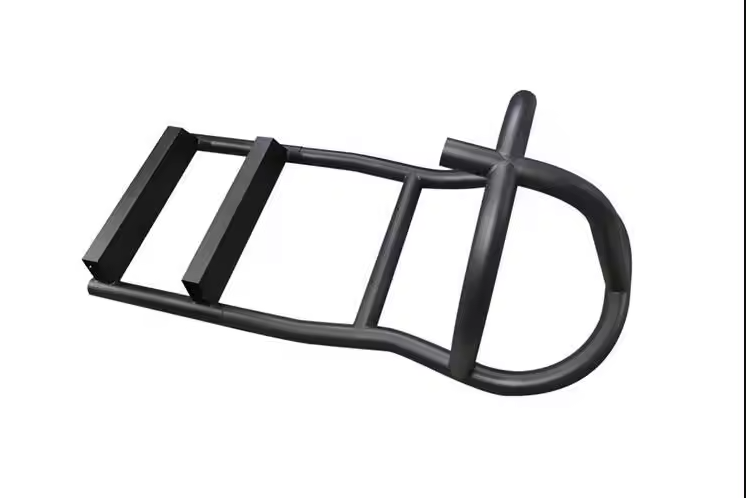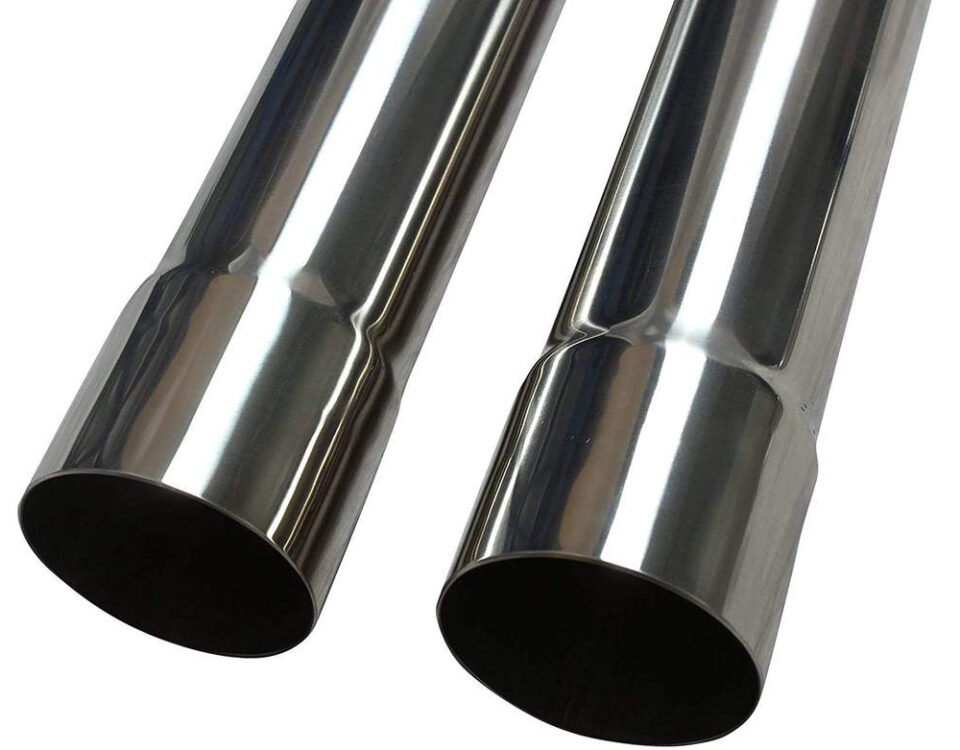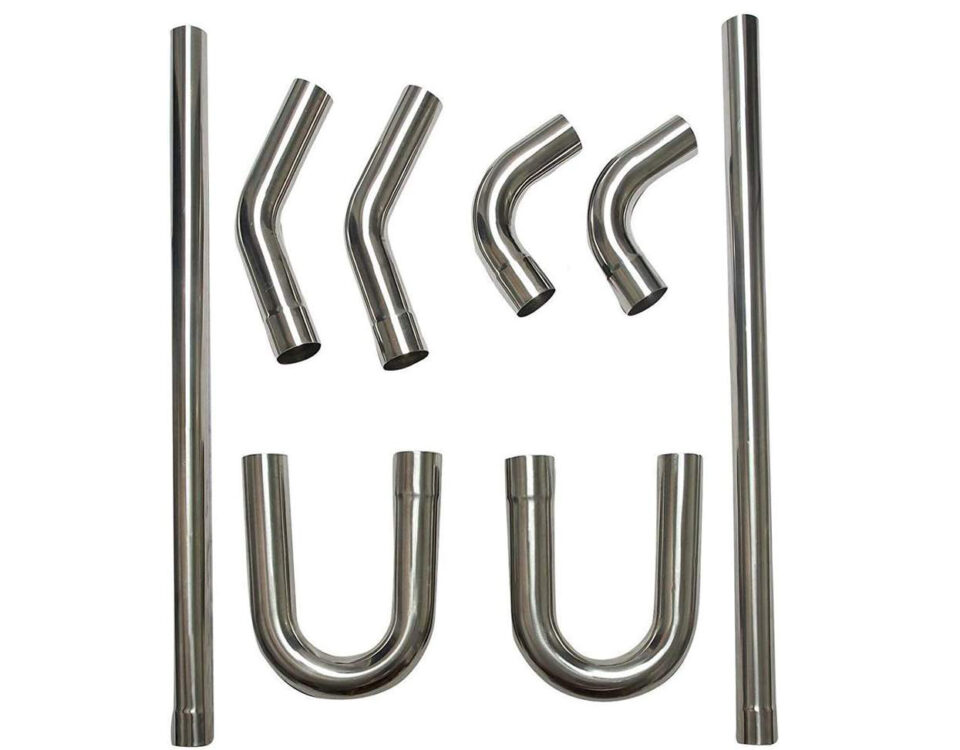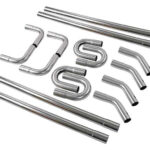
Hydraulic pipe bending
October 28, 2023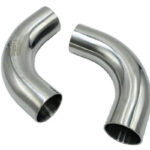
Exhaust Pipe Bending
November 1, 2023Thin-Walled Pipe Bending: Precision and Efficiency in Tube Manufacturing
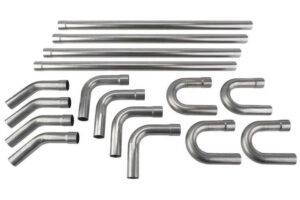 It is a specialized manufacturing process that enables the production of high-quality, lightweight tubes with precise shapes and dimensions. This technique finds extensive applications in various industries, including aerospace, automotive, oil and gas, and power generation. In this article, we will explore the key aspects of thin-walled pipe bending, its benefits, and its significance in today’s industrial landscape.
It is a specialized manufacturing process that enables the production of high-quality, lightweight tubes with precise shapes and dimensions. This technique finds extensive applications in various industries, including aerospace, automotive, oil and gas, and power generation. In this article, we will explore the key aspects of thin-walled pipe bending, its benefits, and its significance in today’s industrial landscape.
1. Understanding Thin-Walled Pipe Bending:
Thin-walled pipe bending, also known as tube bending, involves the reshaping of hollow cylindrical structures into desired configurations using specialized machinery and techniques. Unlike traditional methods, such as cold bending,it utilizes heat and mechanical force to achieve accurate bends without compromising the integrity of the material.
2. Benefits of Thin-Walled Pipe Bending:
2.1 Precise and Complex Shapes:
It offers exceptional flexibility in creating intricate shapes that meet specific design requirements. This precision enables manufacturers to produce tubes with complex geometries, such as multiple bends, twists, and asymmetric configurations.
2.2 Consistent and Repeatable Results:
The controlled heat and mechanical force applied during thin-walled pipe bending ensure consistent and repeatable results. This uniformity is crucial for industries demanding high-quality tubes that meet stringent performance standards.
2.3 Cost-Effective Manufacturing:
It reduces material waste, cost, and production time compared to alternative manufacturing processes. The ability to create complex shapes in a single operation eliminates the need for multiple components or assemblies, resulting in cost savings and improved overall efficiency.
2.4 Enhanced Structural Integrity:
The controlled heating and bending process of thin-walled pipe bending maintains the structural integrity of the tube. This method minimizes the risk of material weakness, such as deformation, cracks, or fractures, ensuring the reliability and durability of the end product.
2.5 Environmentally Friendly:
It minimizes material waste and energy consumption, contributing to a more sustainable and environmentally friendly manufacturing process. The optimization of resources aligns with the growing global focus on reducing carbon footprint and promoting eco-conscious practices.
3. Significance in Various Industries:
3.1 Aerospace:
It is crucial in the aerospace industry for manufacturing lightweight and structurally sound tubes used in aircraft structures, hydraulic systems, fuel lines, and exhaust systems. The ability to create intricate bends and maintain consistent wall thickness is vital for ensuring the overall performance and safety of aircraft components.
3.2 Automotive:
In the automotive sector, thin-walled pipe bending plays a vital role in producing exhaust systems, engine cooling systems, and fuel delivery systems. The process provides automobile manufacturers with the flexibility to design and fabricate efficient and optimized tube configurations, resulting in improved performance, reduced weight, and enhanced fuel economy.
3.3 Oil and Gas:
Thin-walled pipe bending is widely employed in the oil and gas industry for manufacturing pipelines, risers, and other critical infrastructure components. The ability to create bends with consistent wall thickness and precise angles ensures seamless flow, reduces stress concentration points, and enhances the overall durability and operational integrity of the pipelines.
3.4 Power Generation:
It is essential in power generation, where it is used to manufacture components such as heat exchangers, condensers, and boiler tubes. The process allows for the creation of intricate coil shapes and optimized designs, maximizing heat transfer efficiency and power generation capacity.
Conclusion:
It is a highly efficient and precise manufacturing process used across various industries. Its ability to create complex shapes, provide consistent results, reduce costs, and contribute to environmental sustainability makes it a preferred choice for fabricating high-quality tubes. As industries continue to evolve, thin-walled pipe bending will remain a crucial technique to meet design specifications, improve performance, and enhance overall product integrity.

